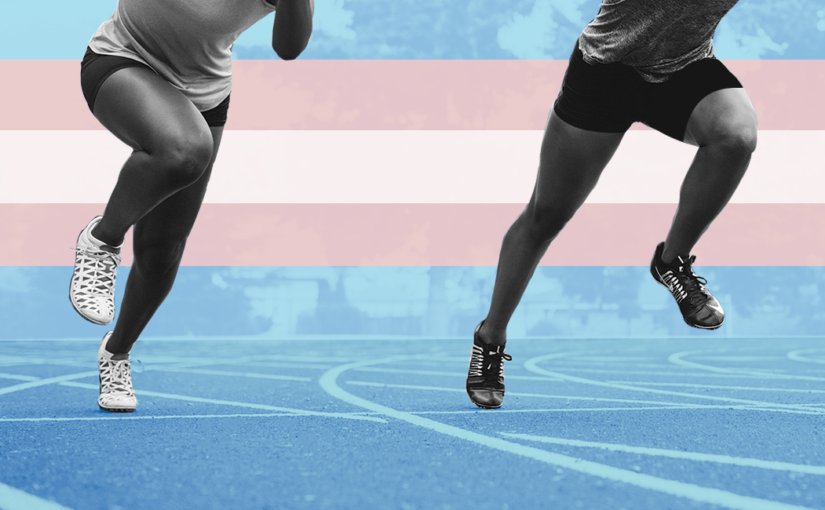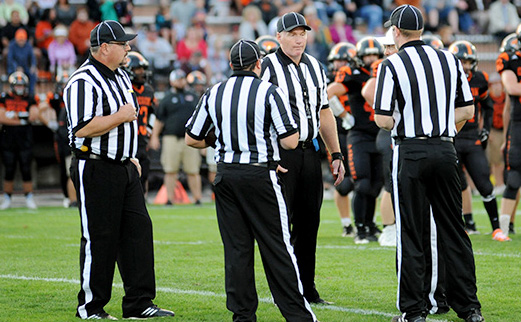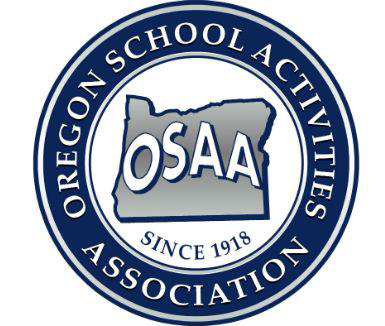Ivy League proposes rule to limit recruiting before junior year
From The Ivy League
The Ivy League has proposed NCAA legislation to allow prospective student-athletes more time in the recruiting process to make the decision of where to attend college.
 “The pressure on prospective student-athletes to commit to a specific college earlier and earlier is a national issue,” said Executive Director Robin Harris. “It causes stress for prospects and their families, as they are often asked to make a life-altering decision as high school freshmen or sophomores, and sometimes even before they have started high school.
“The pressure on prospective student-athletes to commit to a specific college earlier and earlier is a national issue,” said Executive Director Robin Harris. “It causes stress for prospects and their families, as they are often asked to make a life-altering decision as high school freshmen or sophomores, and sometimes even before they have started high school.
“Our goals are to elevate the national conversation about the negative effects of early recruiting, and to challenge the NCAA membership to change the culture of recruiting that forces prospective student-athletes to verbally commit before they are academically, athletically, or emotionally ready to make their college choice.”
Early recruiting of prospects occurs despite existing NCAA rules that prohibit coaches from initiating contact until the junior year of high school. Through various workarounds, including non-scholastic coaches and social media, access to prospective student-athletes has accelerated the recruiting timeline.
This past May, the Ivy League Directors of Athletics charged the League office with reviewing early recruiting practices and proposing NCAA legislation to address the problems.
The Ivy League proposals focus on multiple aspects of the recruiting process, such as the timeline for verbal commitments, contact during camps, and expanding limits on telephone calls and unofficial visits.
Specifically, coaches would not be allowed to make verbal offers of financial aid or support in the admission process prior to the start of the prospective student-athlete’s junior year. Additionally, other means of communication, such as initiating or receiving telephone calls, planning unofficial visits and having recruiting conversations at camps and clinics would be prohibited prior to the start of the junior year.The Ivy League is not alone in trying to remedy early recruiting. Several national coaches groups have identified early recruiting as a significant problem. Other proposals addressing the recruiting timeline have been introduced into the NCAA legislative cycle, including proposals specific to field hockey, women’s gymnastics, and men’s and women’s lacrosse.
About The Ivy League
The Ivy League is the most diverse intercollegiate conference in the country with more than 8,000 student-athletes competing each year. Sponsoring conference championships in 33 men’s and women’s sports and averaging more than 35 varsity teams at each school, the Ivy League provides more intercollegiate athletic opportunities per school than any other conference in the country. All eight Ivy schools are among the top 20 of NCAA Division I schools in number of sports offered for both men and women and enjoy regular competitive success at the highest championship levels of NCAA Division I athletics.
The League’s schools — Brown, Columbia, Cornell, Dartmouth, Harvard, Penn, Princeton and Yale — share a rich history of success and influence in college athletics, dating back to the origins of intercollegiate competition. Ivy League institutions have won 287 team national championships and 579 individual national championships since intercollegiate competition began. The Ivy League conference was formally established in 1954, based on the mutual agreement that intercollegiate athletics competition should be “kept in harmony with the essential educational purposes of the institution.” For more information, please visit www.ivyleaguesports.com.







